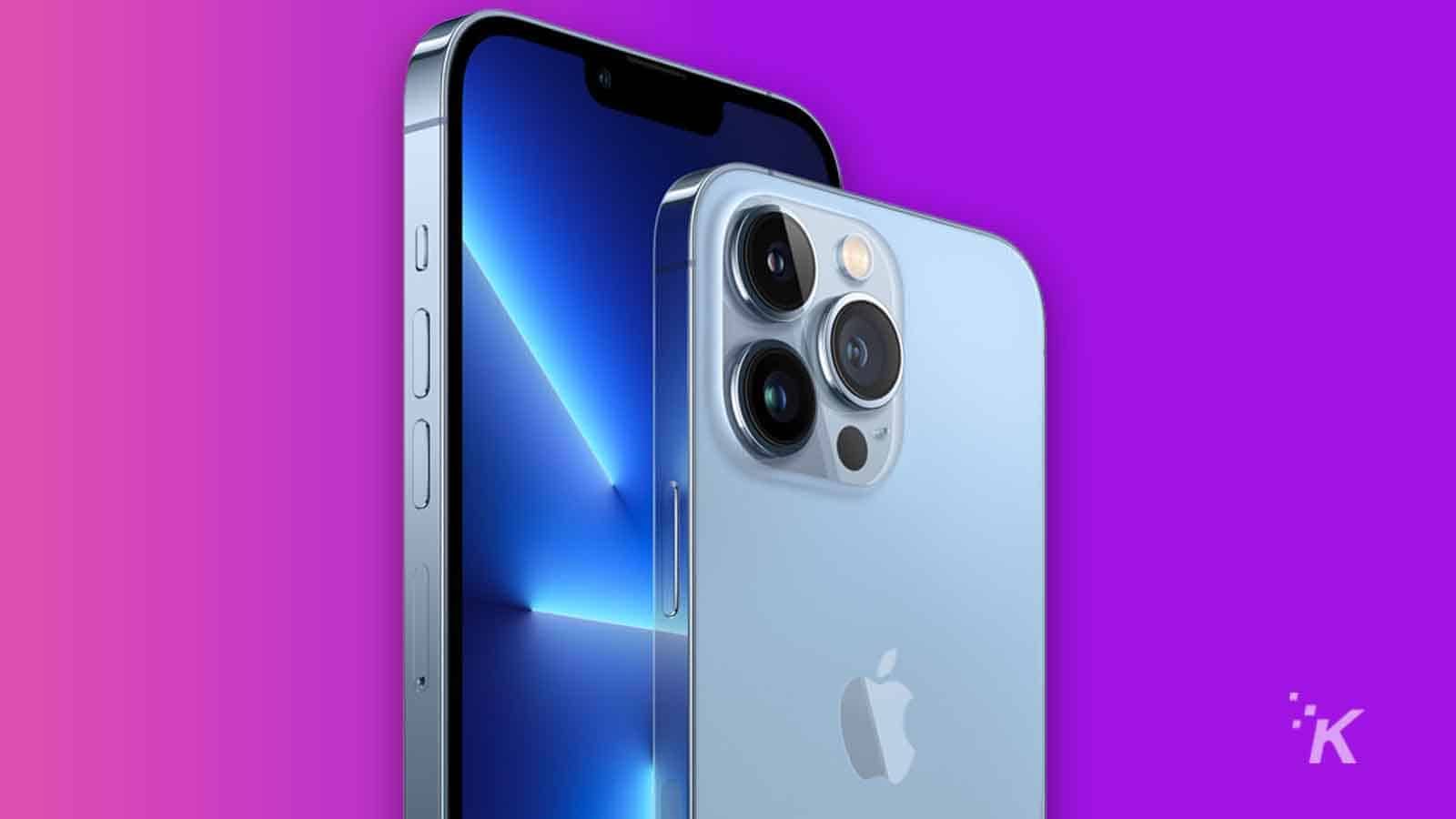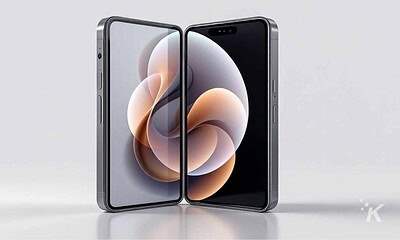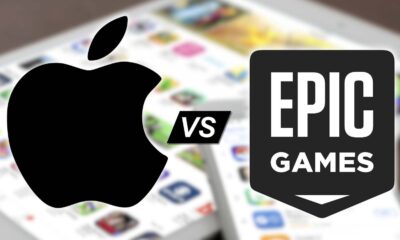Apple
Does the iPhone 13 use Apple’s M1 chip?
The chip has been a huge success, so why not use it for the iPhone 13 as well?

Just a heads up, if you buy something through our links, we may get a small share of the sale. It’s one of the ways we keep the lights on here. Click here for more.
Late last year, Apple released the M1 chip and introduced it as the first of the company’s own processors to be put into its MacBooks. The chip performed outstandingly and turned out to have much more power than Intel’s i5 processor that had previously been installed in MacBooks.
With the iPhone 13 being the first flagship smartphone that Apple released since the M1 was released, many people have been wondering which chip Apple decided to go with for the iPhone 13.
The M1 is a very powerful processor, and it has seen great success in MacBooks since it came out, but did Apple choose it for the iPhone, or did the company move in another direction?
Does Apple go with the M1 for the iPhone 13?
Short Answer: No
Apple decided not to go with the M1 chip for the iPhone 13. Instead, the company opted to build upon last year’s A14 Bionic and develop a brand new chip.
All four versions of the iPhone 13 use the company’s new A15 Bionic chip, with the Pro and Pro Max version having an improved chip with an included 5-core GPU for a little extra graphical performance.
READ MORE: How to force restart an iPhone 13 and enter recovery mode
Whatever reason Apple decided to not use the M1 chip, whether it was a compatibility issue or something else, the A15 Bionic doesn’t seem to be lacking in terms of performance. The company said that this new chip performs at least 50% faster than the competition, so the iPhone 13 is still a smartphone powerhouse.
Have any thoughts on this? Let us know down below in the comments or carry the discussion over to our Twitter or Facebook.
Editors’ Recommendations:
- How much does the iPhone 13 cost?
- Does the iPhone 13 have a USB-C port?
- How to turn off location services on your iPhone
- How to change your iPhone passcode



























